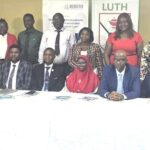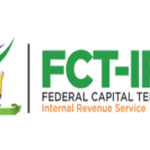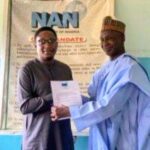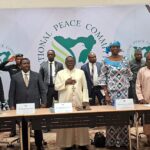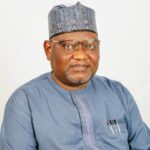Experts urge more preventive measures against malaria
By Aderogba George Health experts in Abuja have called for intensified preventive measures against malaria as the best option to eliminate it. The experts spoke at a malaria outreach organised by the Pharmaceutical Society of Nigeria (PSN), FCT Branch, in collaboration with Gwagwalada Area Council. The call came as theContinue Reading

